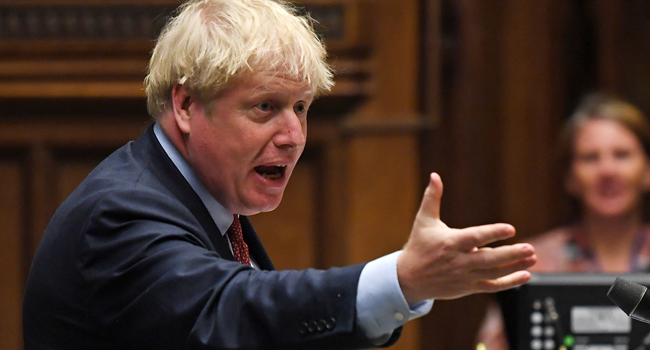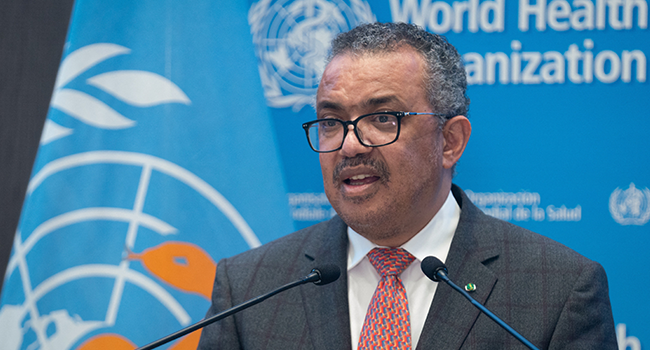
British inflation hit a near five-year low in August on state coronavirus stimulus measures for the troubled hospitality sector, including a restaurant discount scheme and tax cuts, data showed Wednesday.
The annual inflation rate, as measured by the UK’s Consumer Prices Index, dived to just 0.2 percent in August, the Office for National Statistics (ONS) said in a statement.
That was the lowest level since December 2015 and compared with 1.0 percent in July 2020.
“The cost of dining out fell significantly in August thanks to the ‘Eat Out to Help Out’ scheme and VAT cut, leading to one of the largest falls in the annual inflation rate in recent years,” said ONS deputy national statistician Jonathan Athow.
“For the first time since records began, airfares fell in August as fewer people travelled abroad on holiday.
“Meanwhile the usual clothing price rises seen at this time of year, as autumn ranges hit the shops, also failed to materialise,” he said.
The “Eat Out to Help Out” incentive — which was valid Monday to Wednesday throughout August — saw the UK government contribute 50 per cent of the cost of a cafe, restaurant or pub meal, up to £10 ($13, 11 euros) per person.
Britons enjoyed more than 100 million meals under the discount scheme, according to recent data.
The government also slashed valued-add tax on the virus-plagued hospitality sector from 20 per cent to just five per cent.
The tax cut and restaurant scheme were launched by finance minister Rishi Sunak to try to kick-start the British economy, which has been devastated by the pandemic.
Adding to downwards inflationary pressure in August, airlines slashed their ticket prices to attract bargain-hunting Britons, after the deadly Covid-19 pandemic had sparked a global slump in demand for air travel.
The data were published on the eve of a decision from the Bank of England’s monetary policy committee, which is not expected to alter its key interest rate from the current level of 0.1 per cent.
Economists predict that inflation will pick up speed in the coming months as temporary factors fall out of the equation.
“The MPC is unlikely to be too concerned about the threat of deflation ahead of tomorrow’s policy decision,” noted Thomas Pugh at research consultancy Capital Economics.
“The Eat Out to Help Out scheme ended in August. Although some restaurants have kept the discount going by themselves, many have not. And the VAT cut for the hospitality industry will expire on 12 January.”
AFP




